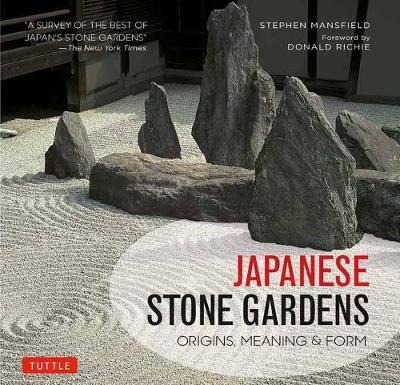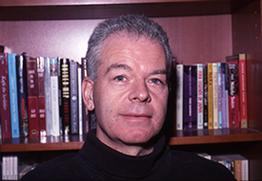Japanese Stone Gardens
0,00 €
| Language of origin |
|---|
Tuttle
Origins, Meaning, Form
The Japanese stone garden is an art form recognized around the globe. These gardens provide tranquil settings where visitors shed the burdens and stresses of everyday existence, satisfying a universal yearning for solitude and repose, and experiencing the restorative power of art and nature. For this reason the value of the Japanese stone garden is even greater today than when many of them were first created.
Japanese Stone Gardens provides a comprehensive introduction to the powerful mystique and dynamism of the Japanese stone garden-from their earliest use in ancestral rituals to their appropriation by later Zen monks and priests to create settings conducive to contemplation and meditation. With its insightful text and evocative imagery, this book reveals the hidden order in stone gardens and heightens the enthusiast’s appreciation of them.
Fifteen gardens are featured, including several famous temple gardens of Kyoto, but others less so-spread through southern Honshu, Shikoku, Kyushu and faraway Okinawa.






